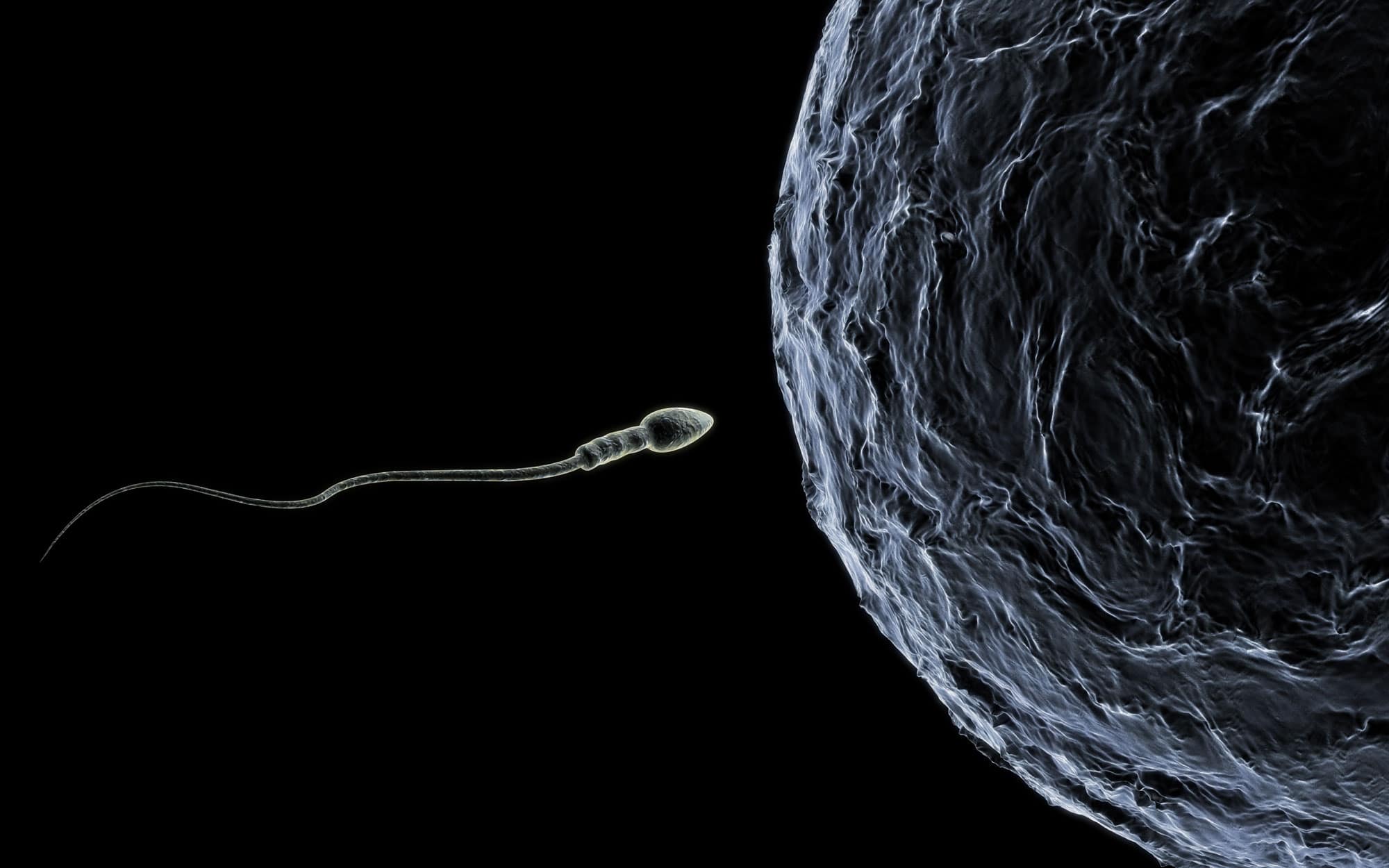In 2024, we partnered with Genea, a world-leading network of fertility clinics renowned for their pioneering approach with advanced reproductive technologies. At Fertility First, we are always looking for ways to improve outcomes for our patients by leveraging science and technology to maximise success, which means that becoming part of the Genea network of clinics makes the most sense in supporting our commitment to you.
This partnership gives you access to industry-leading advancements in reproductive medicine, and has seen an upgrade to Fertility First’s laboratory, including the installation of the GeriⓇ time-lapse incubators and GemsⓇ media, two cutting-edge technologies available exclusively through the Genea network. Alongside the integration of preimplantation genetic testing (PGT),, these innovations further support our success rates for our patients undergoing IVF fertility treatment.
After an embryo has been formed through the IVF process, it develops in a specialised incubator for several days before being transferred to the female partner’s womb. This environment is critical for healthy embryo development.
The advanced technology built into GeriⓇ time-lapse incubator is able to mimic the natural conditions of a womb more closely and minimises disruptions to the environment. This supports the healthy development of your embryos into the blastocyst stage before being considered for transfer.
Our embryologists also have an unprecedented level of control and monitoring over your growing embryos with the GeriⓇ incubator. Each separate chamber contains an inbuilt camera and enables us to individualise the growth conditions for each embryo and monitor them without needing to expose them to the external environment by opening the chamber. This continuous monitoring also allows us to detect any abnormal growth patterns at an early stage.
GemsⓇ is line of culture media used to support the growth and development of your embryos from fertilisation right up to preparing them for transfer. Used exclusively by the Genea fertility network, they contain critical micronutrients and growth factors essential for development.
Alongside the GeriⓇ incubators, the GemsⓇculture media also facilitate an environment for your embryos that closely replicates the natural conditions of a female’s womb. This further enhances healthy embryo development and minimises the impact from external stressors.
PGT is a form of genetic testing that can be applied to embryos created through IVF prior to being transferred. This is an optional test designed to give you peace of mind by excluding common inherited genetic disorders as well as hundreds of rarer conditions.
There are three different types of PGT. During your consultation with our fertility specialist, you will have a discussion about whether you wish to take advantage of PGT as part of your IVF treatment, and which type of test would be most appropriate for your circumstances and medical history.
Key things to consider before making your first fertility appointment
The Geri® incubator creates an environment that closely mimics the natural conditions of the womb, which supports healthier embryo development. Unlike traditional incubators, it features individual chambers with built-in cameras that allow our embryologists to continuously monitor your embryos without disturbing them. This means we can detect any abnormal growth patterns early and maintain optimal conditions throughout development, ultimately improving the chances of successful embryo transfer.
PGT is an optional genetic test performed on embryos created through IVF before they're transferred to the womb. It screens for chromosomal abnormalities and genetic disorders, giving you peace of mind about your embryo's health. There are three types available: PGT-A (for chromosomal number abnormalities like Down syndrome), PGT-M (for single-gene disorders like cystic fibrosis), and PGT-SR (for structural chromosomal rearrangements). Your fertility specialist will discuss whether PGT is appropriate for you based on your circumstances and medical history.
Through our partnership with Genea, a world-leading fertility network, you gain access to exclusive, cutting-edge reproductive technologies that aren't available elsewhere. This includes the Geri® time-lapse incubators and Gems® culture media, both scientifically proven to enhance embryo development. Combined with advanced genetic testing options, these technologies work together to maximise your chances of a successful pregnancy whilst maintaining Fertility First's personalised care approach.

An embryo transfer is very similar to having an IUI or an pap test performed. It is essentially uncomplicated, simple and does not require readmission to theatre.

An immature egg is an oocyte that has not reached meiotic competency, meaning it hasn’t reached the first stages of meiotic division.

Assessing and correcting fertility problems is the first step in any fertility treatment and at Fertility First, we want to make the process as easy as possible with minimal invasiveness.

Usually out of the eggs retrieved, we expect approximately 80% to be mature, and of those, between 60 to 80% will fertilise normally. This is perfectly normal.